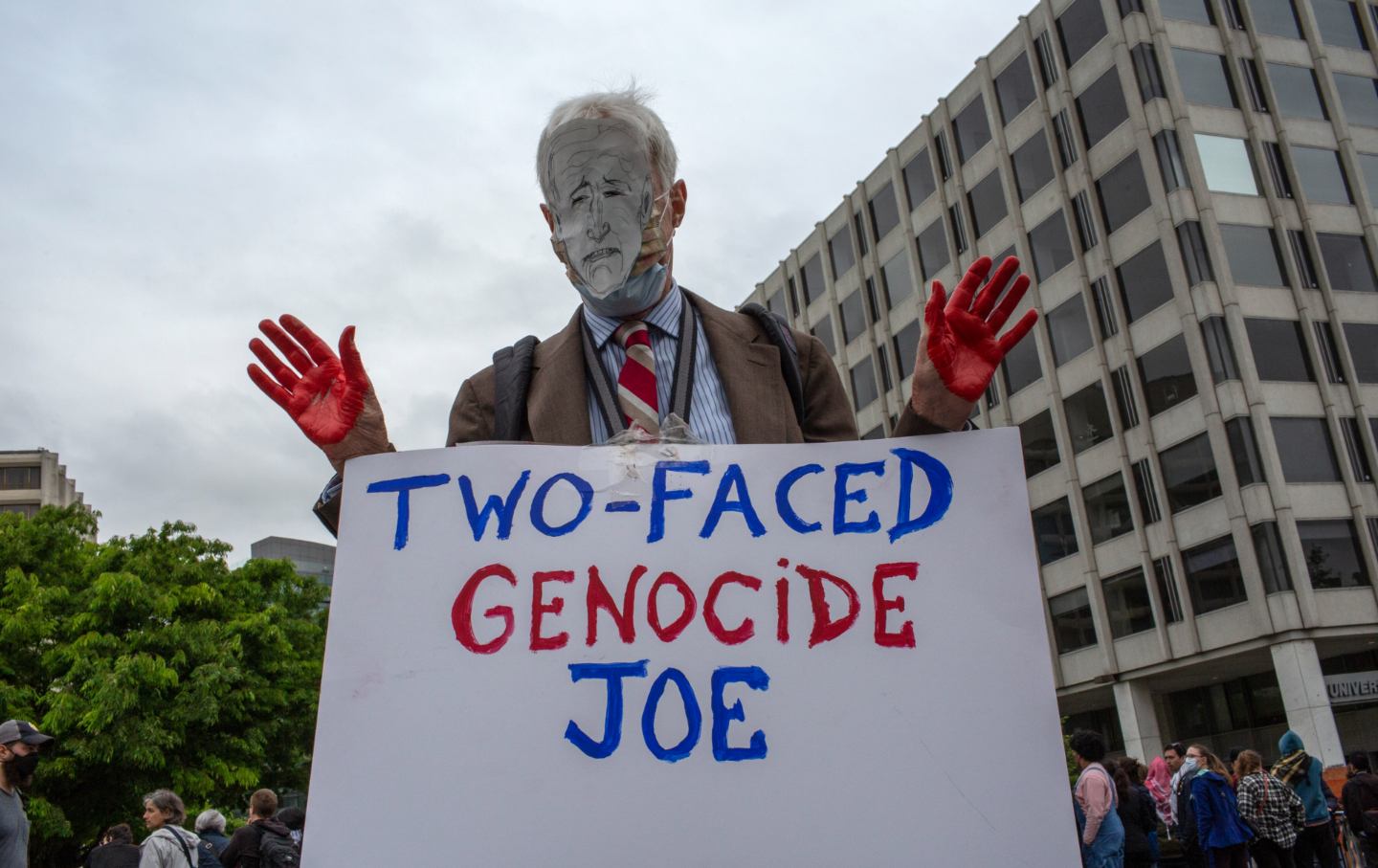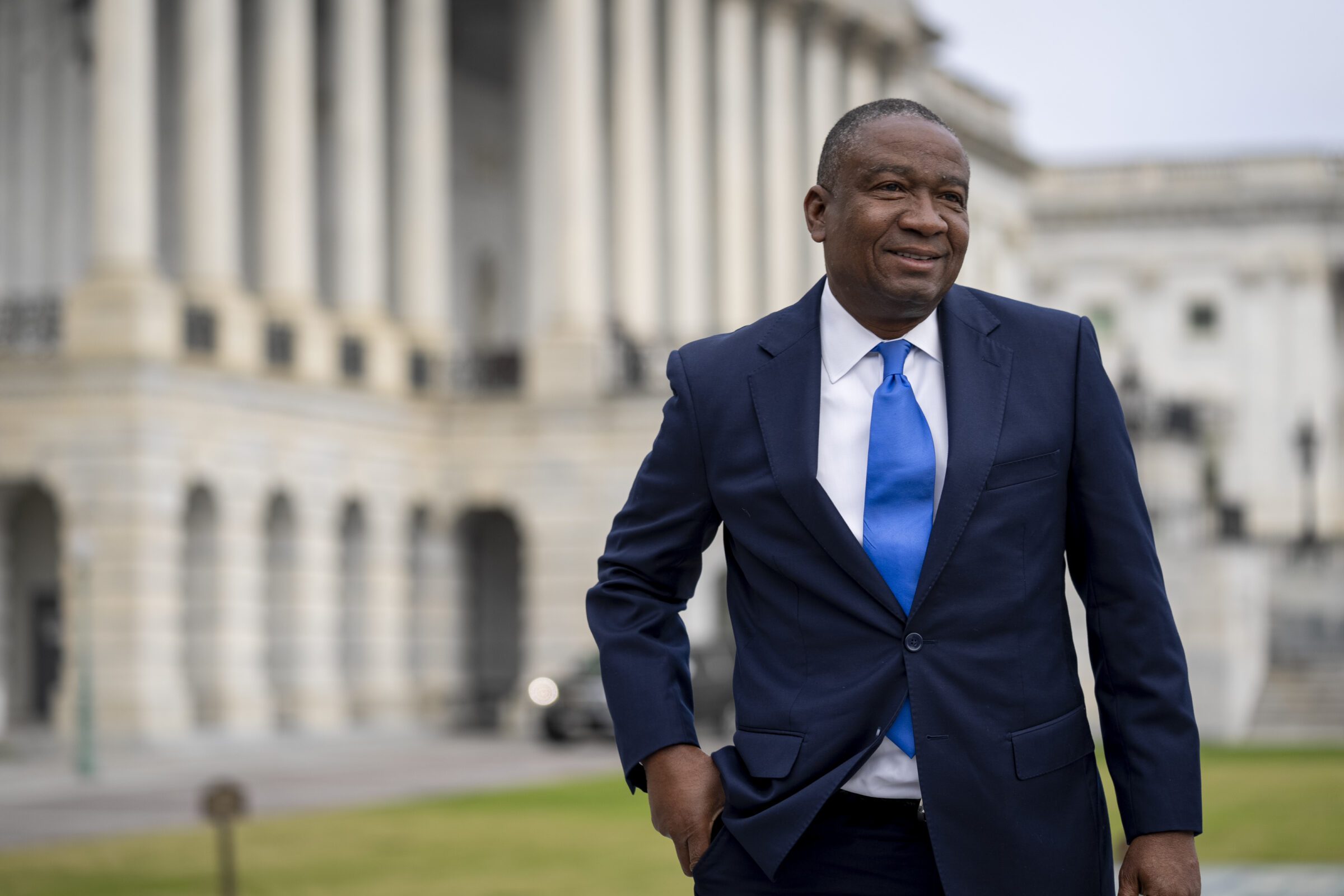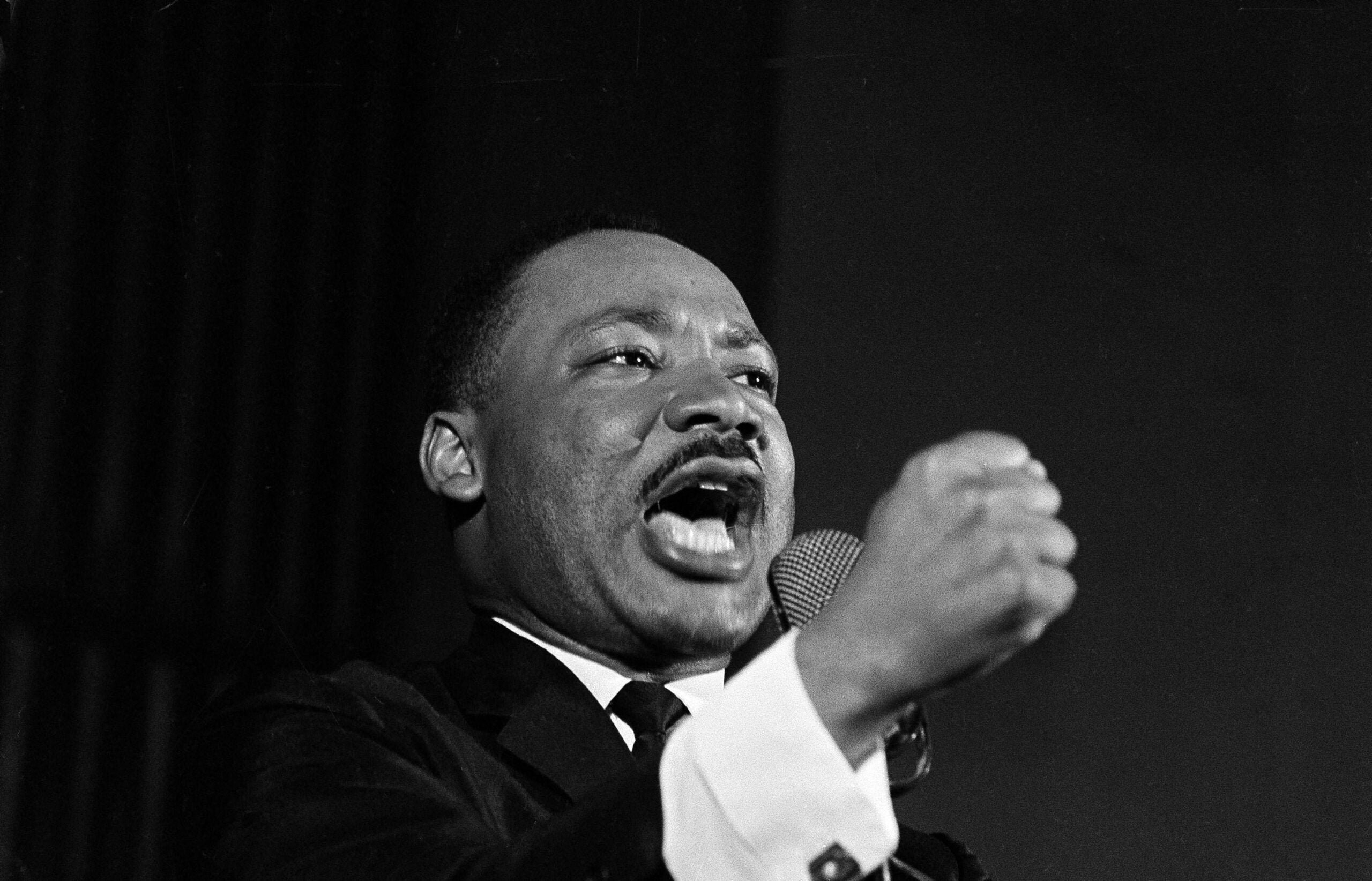- BlackVoter.Org
- Posts
- BlackVoter.Org
BlackVoter.Org

In "How American Racism Sabotaged the World’s Fight Against Genocide," Anthony Conwright unveils the troubling origins of the Genocide Convention, illustrating how American racism shaped its parameters to avoid accountability for atrocities against Black and Indigenous communities. By examining the historical context of the 1948 treaty, Conwright reveals how U.
S. lawmakers intentionally crafted definitions to exclude their own crimes, such as lynching and systemic violence against African Americans.
This legacy has persisted, complicating contemporary discussions around genocide, especially in the context of the Gaza conflict. As American leaders downplay the realities of genocide, the article challenges readers to confront the inconvenient truths of history and the profound implications of exclusionary definitions of justice.
Ultimately, it calls for a more inclusive understanding of genocide that encompasses all human suffering, reinforcing the need for accountability and change in how we address these grave injustices today.

As the landscape of voting rights faces tumultuous challenges in 2025, eight pivotal legal battles are primed to shape democracy. From potential attacks on the Voting Rights Act to stringent mail ballot restrictions, the courts are set to play a crucial role.
Significant cases include a Supreme Court review of Louisiana’s congressional map that may jeopardize Black-majority districts, while some states strive to bolster voting rights through their own legislation amidst conservative pushback. Legal skirmishes over mail ballots, voter assistance, and even the inclusion of noncitizens in local elections add to the urgent atmosphere.
Additionally, Virginia grapples with restrictive felony disenfranchisement laws that disproportionately impact Black voters. With state-level reforms facing scrutiny and the political winds shifting, the outcomes of these battles could have nationwide implications.

In a provocative discussion led by Al McFarlane, the intersection of white supremacy, voter suppression, and privilege takes center stage. The panel, featuring Dr.
Irma McClaurin and Jonathan Palmer, dives deep into how these societal issues ripple through communities, influencing democracy and equity. They explore the insidious nature of voter suppression tactics that disproportionately affect marginalized groups, revealing a deliberate attempt to maintain power structures favorable to the elite.
With a focus on historical context and contemporary implications, the conversation calls for critical awareness and collective action. As the nation reflects on its progress, this dialogue urges viewers to challenge the status quo and strive for a more inclusive future.
Join in to unravel the complexities and implications of these pressing topics that continue to shape our society today.

In a significant shift, more Black women are turning to gun ownership as a means of self-defense amid rising violence in their communities. Influenced by events like the COVID-19 pandemic and social justice protests, first-time gun buyers are increasingly from marginalized groups, even though approximately 75% of gun owners in the U.
S. are white.
Patrice Parker, a mother who lost her son to gun violence, reflects the growing sentiment of mistrust and the desire for safety in a volatile world. Organizations like the Second Amendment Sista Society and the National African American Gun Association reveal a community-driven movement among Black women reclaiming their right to bear arms for protection.
Though studies indicate owning a gun can increase the risk of violent death, many feel that access to firearms is necessary in a society inundated with illegal weapons and a lack of security, prompting a complex conversation about safety, rights, and responsibility.

As the observance of Martin Luther King Jr. Day evolves, northwest Wisconsin is seeing a shift in how schools honor this important holiday.
In 2023, only 15 out of 44 districts closed their doors, but by 2025, that number has jumped to 26. Districts that remain open are still committed to teaching students about King’s legacy through various educational activities.
Jill Underly, State Superintendent, emphasizes the importance of integrating discussions about King’s contributions throughout the school year. Key district administrators, like Joshua Hetfeld from Webster, are also adjusting calendars to prioritize this day of reflection.
While a growing number of schools embrace the day off as a means of honoring King, the conversation continues around how best to educate students on his teachings, especially in regions with lower diversity. Overall, this trend marks a positive step towards acknowledging and celebrating the significance of Martin Luther King Jr.
Day in education.

In the wake of Donald Trump's inauguration as the 47th president on Martin Luther King Jr. Day, a haunting parallel emerges with America’s post-Civil War Redemption Era.
As this op-ed eloquently argues, Trump's presidency signals a resurgence of white power politics and a violent backlash against the civil rights advancements achieved through decades of struggle. The author draws chilling comparisons between the struggles of the Reconstruction and the current political landscape—one marked by attempts to dismantle hard-won freedoms, alongside the rise of censorship and regressive policies.
Yet, amidst this ominous backdrop, there is a call to action: history provides lessons, not predictions. Empowerment lies in community-building and political engagement, honoring the resilience of those who faced overwhelming odds in the past.
As we face this new chapter, it’s vital to assert our stories, power, and freedom, shaping a future where democracy strives to be inclusive and just.

The debate over reparations for slavery in the U.S.
continues to spark intense discussions, balancing both moral and logistical concerns. Advocates argue that the wealth gap and health disparities resulting from centuries of slavery warrant reparations, suggesting financial and systemic remedies as pathways for justice.
Historical precedents for reparations exist, including payments made to Japanese Americans after WWII, highlighting government acknowledgment of past injustices. However, critics caution against reparations, claiming that assigning blame to current generations is unjust and could deepen racial divides.
Questions of feasibility arise too—determining eligibility, assigning value to historic suffering, and the enormous cost involved complicate implementation. With possible legislative initiatives gaining traction, including bills proposing vast sums for compensation, the nation faces a challenging crossroads—will it choose to confront a painful history or let it linger unresolved? The discourse remains open, inviting perspectives from all sides in a quest for understanding and healing.

A groundbreaking study reveals that the risk of developing dementia for Americans aged 55 and older now stands at 42%, a staggering increase that highlights the urgency of addressing cognitive health. This rise means that approximately 514,000 individuals could face dementia this year alone, with projections soaring to around 1 million new cases annually by 2060.
The study, conducted by NYU Langone Health and published in Nature Medicine, identifies various contributing factors such as genetics, high blood pressure, diabetes, and inadequate access to early diagnosis, particularly among racial minorities. Notably, women and Black adults are at a heightened risk, with lifetime probabilities ranging from 45% to 60%.
Experts emphasize the need for early intervention strategies focusing on heart health and recommend improved support for hearing loss—both critical in combating this looming health crisis. As dementia cases surge, addressing these disparities will be essential for effective healthcare policy and support systems.